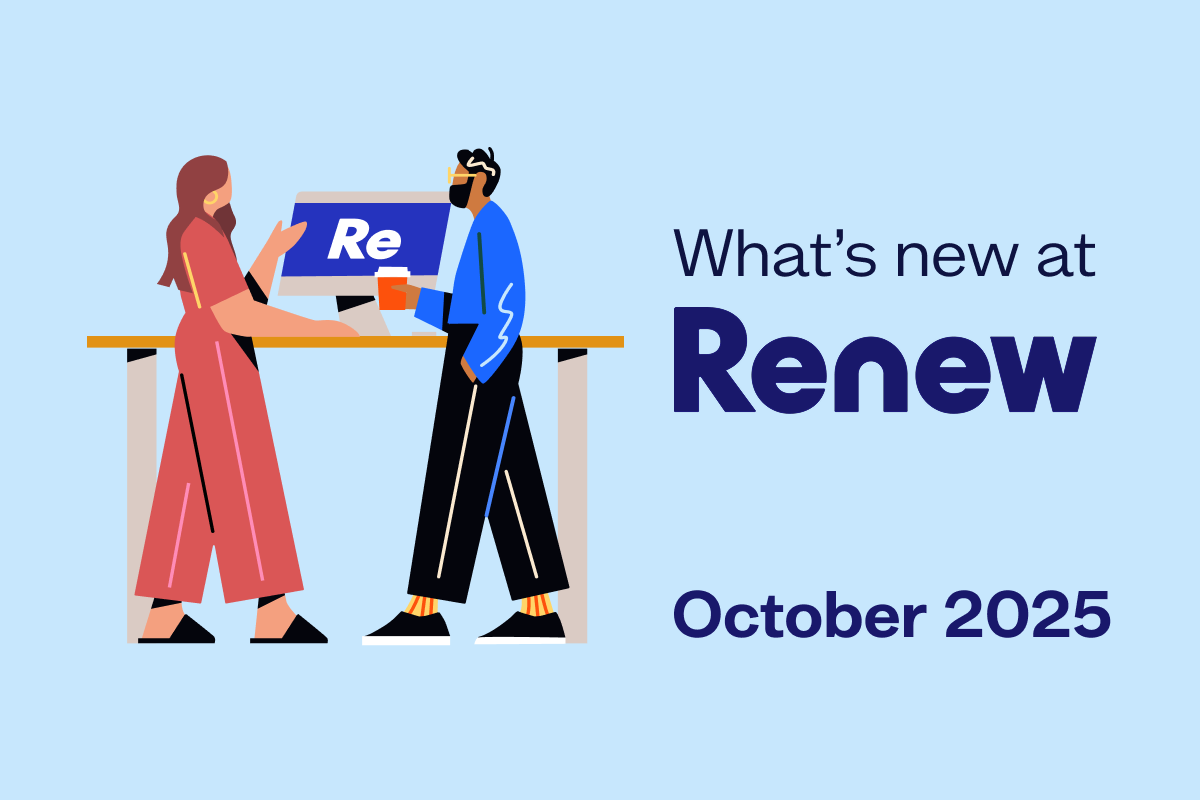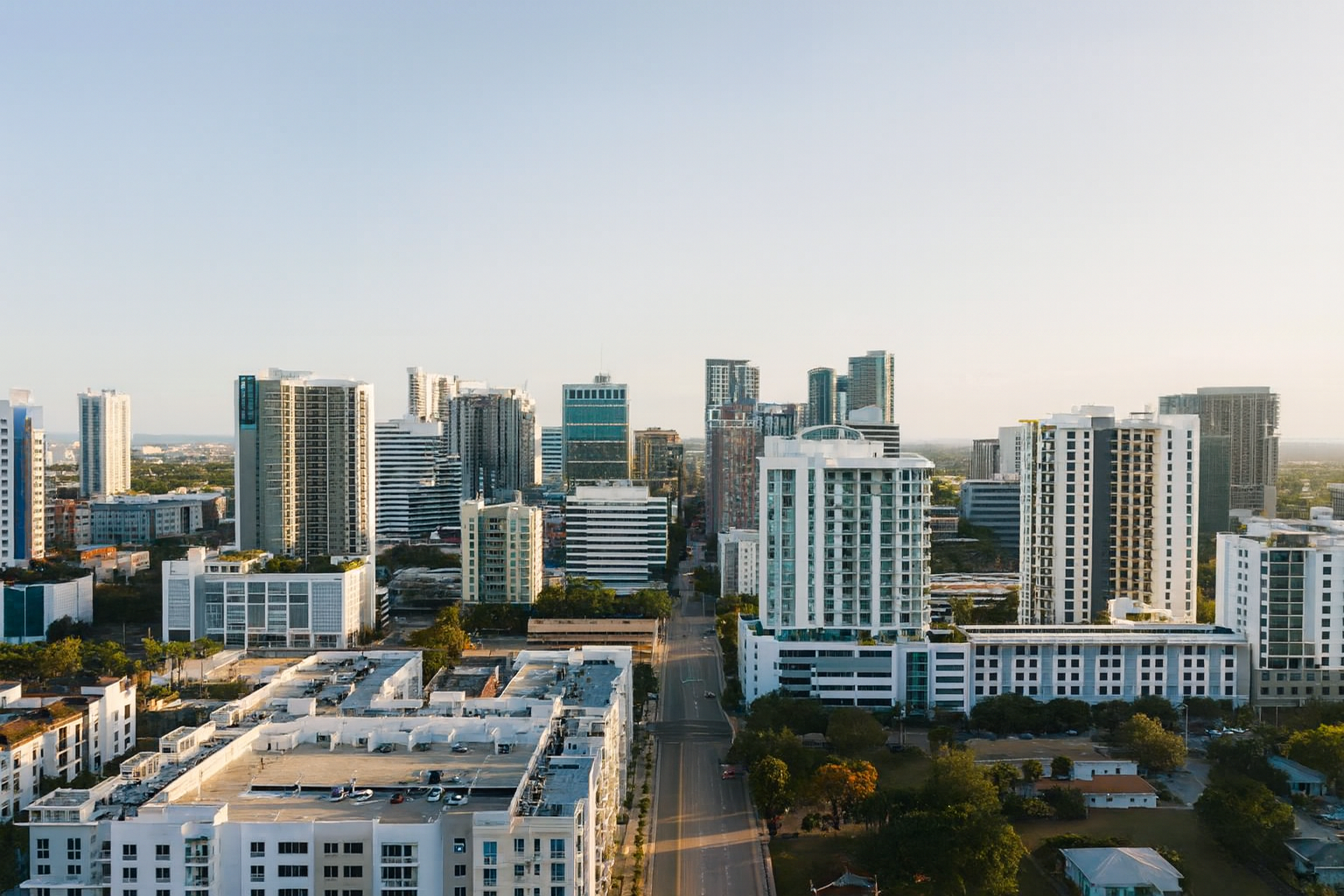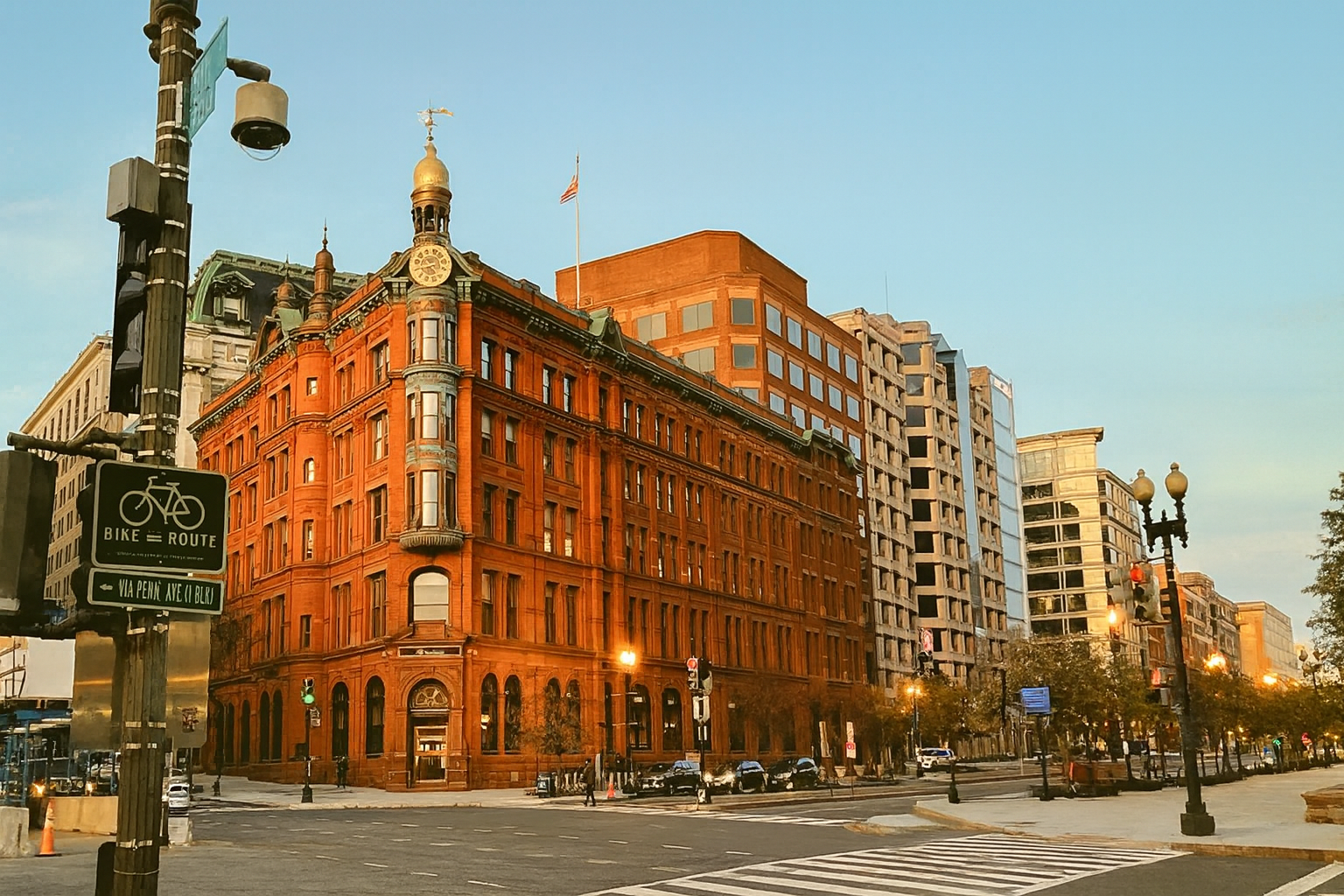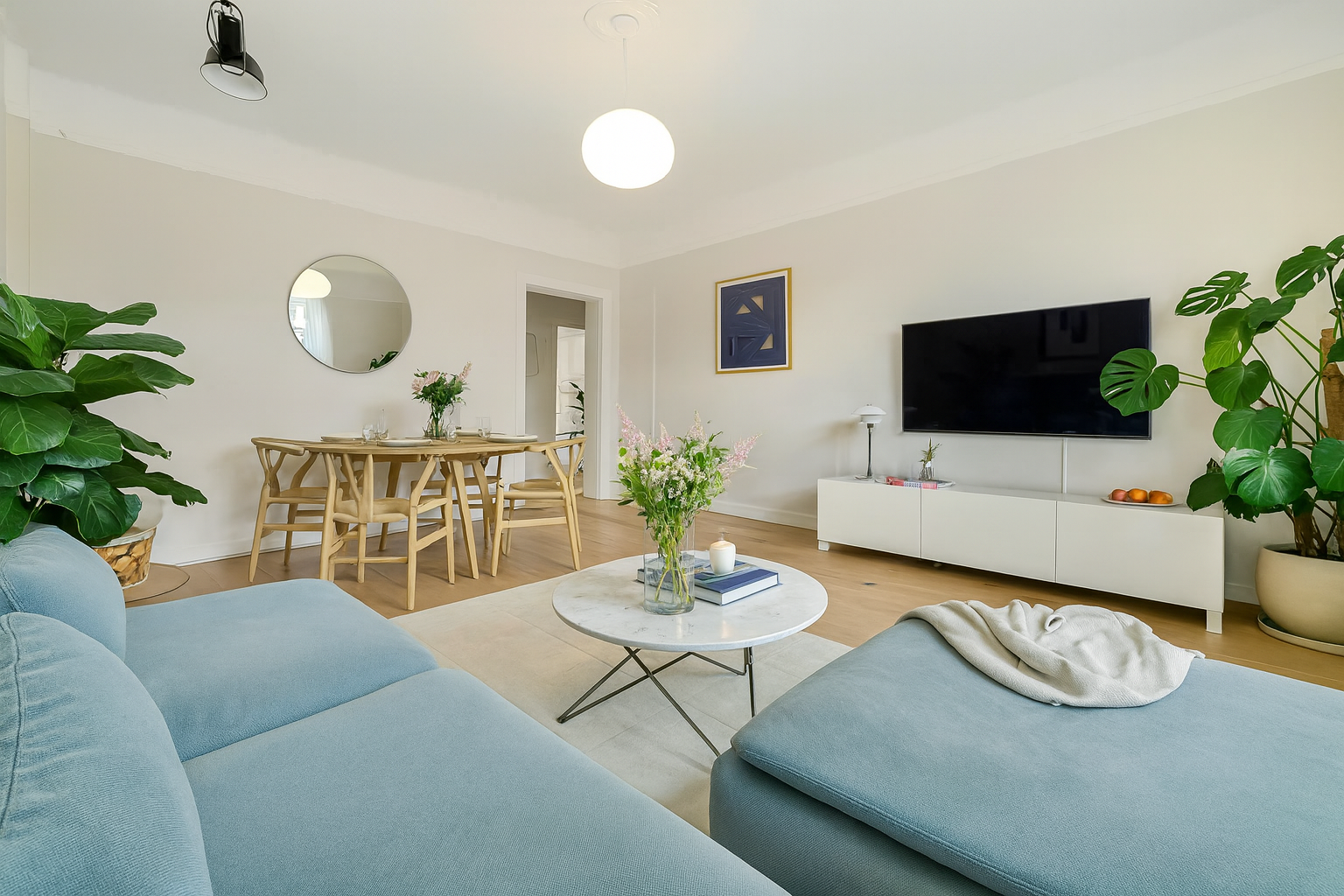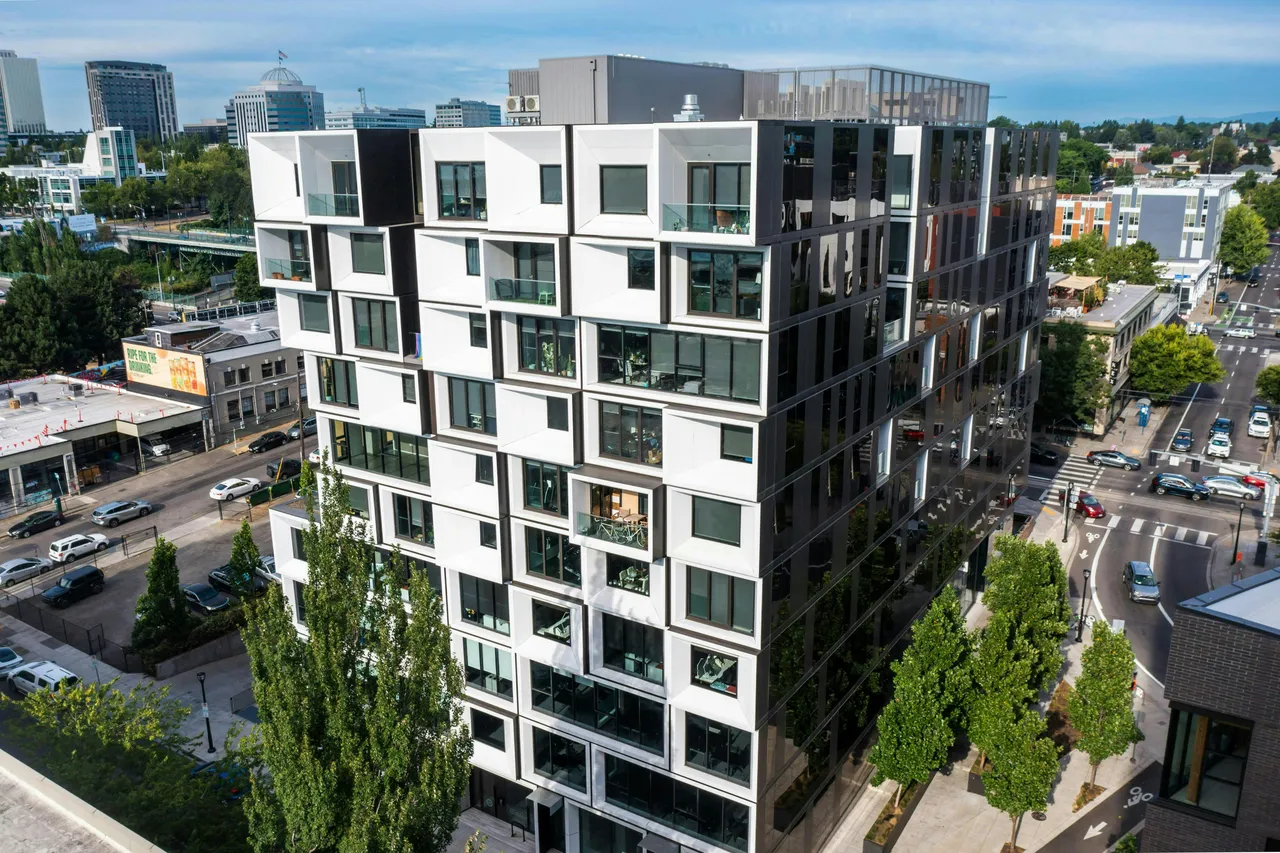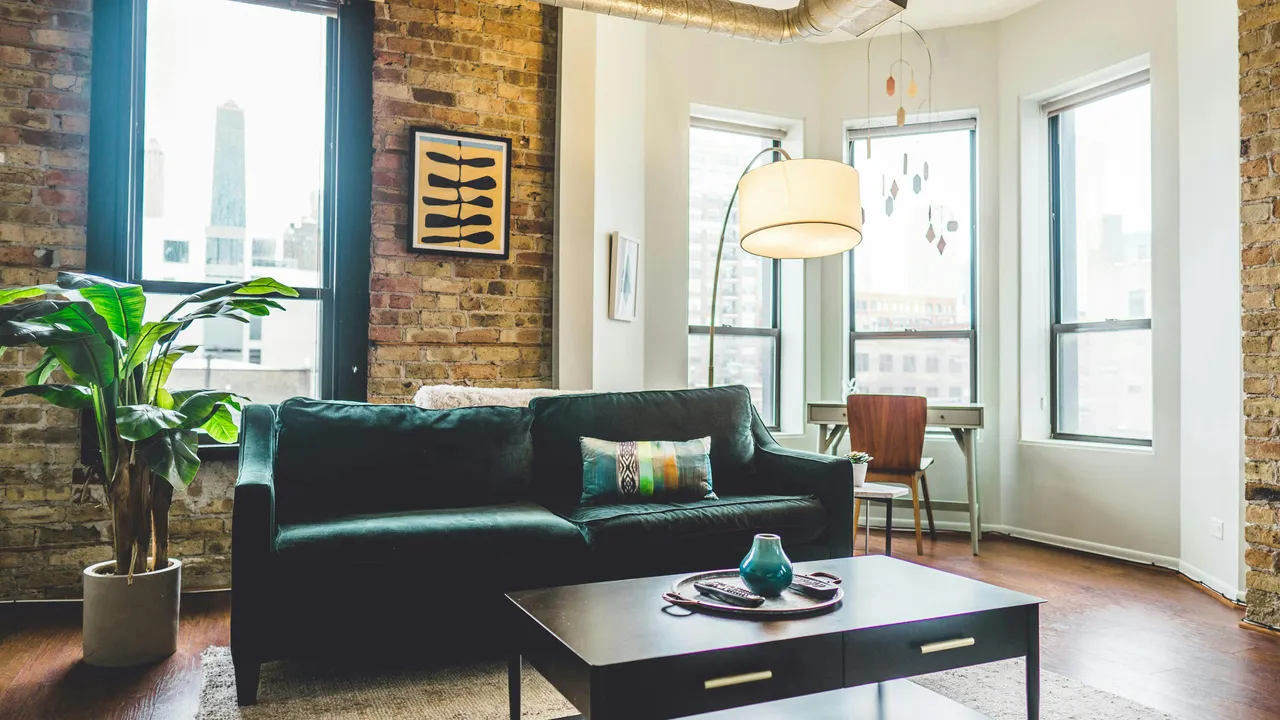As a renter, your experience at a multifamily property goes beyond just the basics of rent payments and maintenance requests. It’s about the overall living experience—the sense of community, convenience, and how well the property management team meets your needs. But when it comes time to move on, what factors influence that decision? And, perhaps more importantly, what would keep you in a property long-term if you knew there were other communities within the same management group that offered the same level of care and attention?
For me, renting has been more than a roof over my head—it’s been a journey across cities, states, and even life stages. As a first-generation immigrant, I didn’t have the luxury of settling into a forever home early on. I moved around a lot, trying to establish myself in different places as I built my career. At one point, I lived in four major cities in the span of just a few years. Renting became a part of my identity, and each apartment was more than just a place to stay—it was a chapter of my story.
What It’s Like to Be a Renter: More Than Just a Lease
Renting an apartment is a lot more than simply paying for a place to live—it’s about finding a space that feels like home. When I move into a new apartment, I’m not just considering the size of the unit or the rent. I’m evaluating my entire lifestyle: Will this location be convenient? Is the property management team responsive to my needs? Does the community foster a sense of safety and belonging?
Fun fact: Did you know that 65% of renters are young adults, according to Policy Genius? That statistic rings true for me, always looking for affordable, convenient living in different cities. It’s important to find the right balance between comfort and community support.
One of the most significant factors in my experience as a renter is the interaction I have with the property management team. A friendly, efficient team that is quick to address any concerns can make all the difference. If I feel valued, if my maintenance requests are handled promptly, and if the property is well-kept, I’m far more likely to stay. If not? I might start looking elsewhere, even if I otherwise like my apartment.
Why Renters Choose to Move: The Key Reasons
While it’s easy to assume that rent hikes or bad neighbors are the primary reasons renters leave, there’s often more at play. Here are some of the top reasons I—and many other renters—might choose to leave:
- Rent Increases: While some increases are understandable due to inflation or market conditions, unreasonable hikes can drive renters to look for more affordable options. If I feel like my rent increase isn’t justified by an improvement in the living experience, I’ll start browsing listings.
- Inattentive Property Management: A non-responsive or unprofessional property management team is a dealbreaker. If I don’t feel heard or if issues linger unresolved, it creates frustration that eventually leads to a decision to move. I’ve dealt with this before—waiting weeks for a maintenance issue to be addressed, only to see it ignored because of a poor management team.
- Lack of Amenities or Community Engagement: Amenities like gyms, pools, or communal spaces can greatly enhance the living experience. But beyond that, a property that actively fosters a sense of community—through events, activities, or just an approachable office staff—will keep me interested in staying.
- Maintenance Problems: Ongoing maintenance issues—whether it's heating and cooling problems, plumbing issues, or pest control—can make a place feel less like home. If my requests are ignored or delayed too long, I start to lose confidence in the management and seek out somewhere else that feels more reliable.
- Changes in Personal Circumstances: Sometimes, it’s just life. A new job, a change in family dynamics, or a shift in finances can make moving to a new place necessary. While no management group can control this, it’s something worth noting.
Having been in this situation more than once, I know how life can throw curveballs. As mentioned earlier, I’ve moved around plenty due to new career opportunities. No matter how much I loved my space, sometimes practicality wins.
How Property Managers Can Improve Retention: The Power of Portfolio Awareness
One thing many renters don’t know is that many multifamily management groups operate multiple properties. If I knew that I had access to other communities within the same management group, I might be more likely to stay in the portfolio, even if my current property no longer meets my needs. Here’s why:
Consistency in Service and Quality: If I have a positive experience with one property managed by a particular group, I’ll be more likely to trust other communities they manage. It’s like building brand loyalty. If I know the property management is responsive and the properties are well-maintained, I might consider moving to a different location within the same group rather than dealing with the hassle of researching and moving to a property with no element of familiarity.
I’ve lived in multiple apartments across different cities, but one that stands out to me was in Downtown Los Angeles. My unit was in an older building, but the management had just renovated the apartment, and I was lucky enough to snag a space with wall-to-wall windows that opened up to a view of towering financial buildings glittering like a constellation of crystals against the night sky. Management was responsive, the building was clean, and I felt like I was part of a bigger community.
Special Offers or Incentives: What if I knew that I could transfer to another property with similar amenities and service, but maybe at a slightly lower price or with a special renewal offer? That could be enough to keep me from exploring other management groups and retain me as a renter within the portfolio.
Flexibility and Awareness: Many renters aren’t aware that property managers can often accommodate their needs across a portfolio of properties. For instance, if someone outgrows their current apartment but loves the neighborhood, they might not realize there’s a larger unit available nearby—managed by the same company.
Community Connections Across Properties: Building a sense of community across different properties managed by the same group could go a long way in improving retention. Maybe there’s a cross-property event or discount program that encourages renters to stay within the same management group, even if they’re moving to a different building. By fostering these connections, property management can create a sense of belonging and continuity, making it harder for renters to consider leaving.
The Bottom Line
Renters aren’t just looking for a place to live—they’re looking for a home. That home is shaped by the quality of service, the community atmosphere, and how well the property management team meets their needs. Renters move for many reasons, but the ones that stay are those who feel valued, heard, and part of something larger.
If renters know they have other options within the same trusted group—whether it’s for a better apartment, a more affordable price, or a change of scenery—they may just decide that staying in the portfolio is the best option after all.
.svg)

.svg)


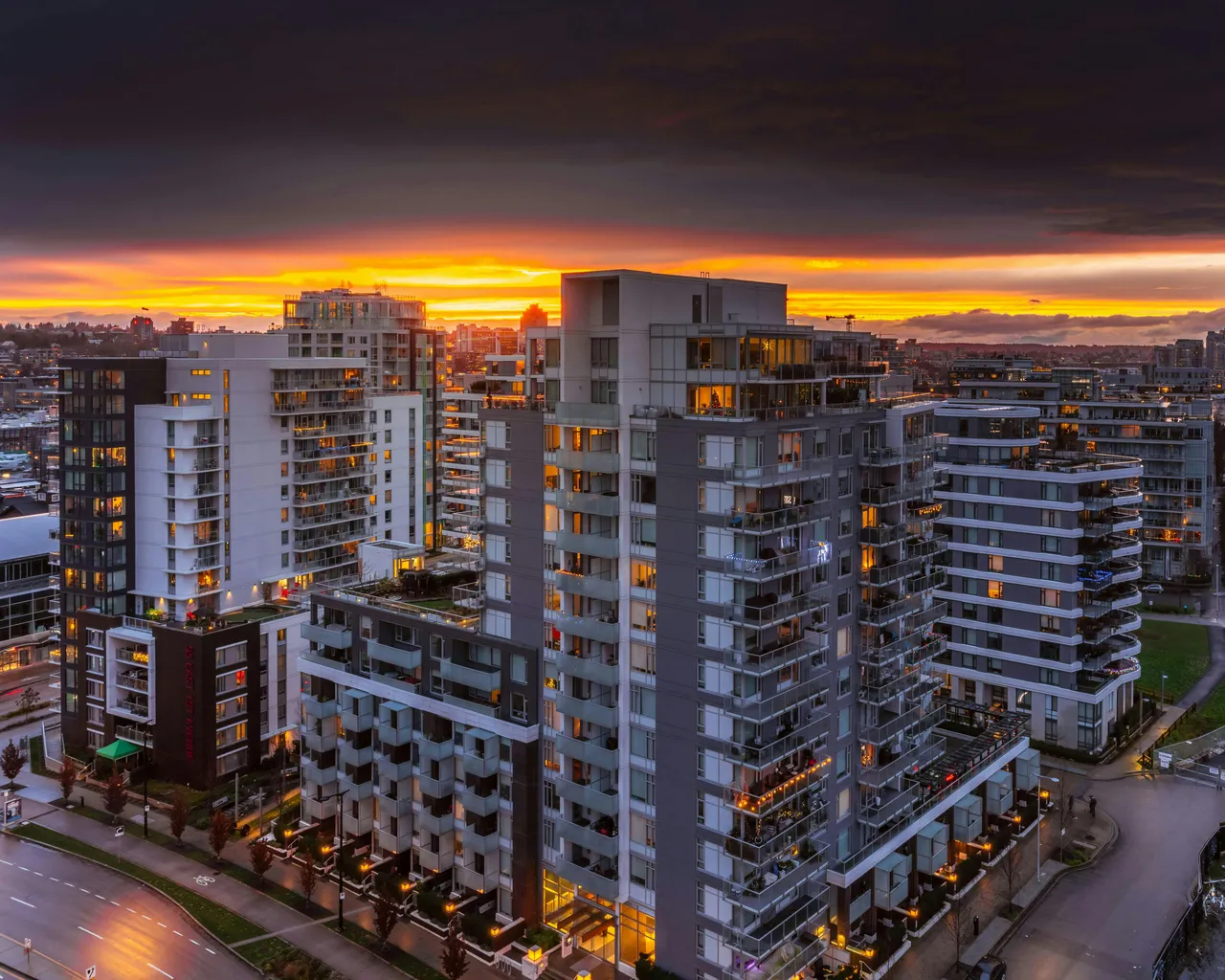


.png)






.png)


